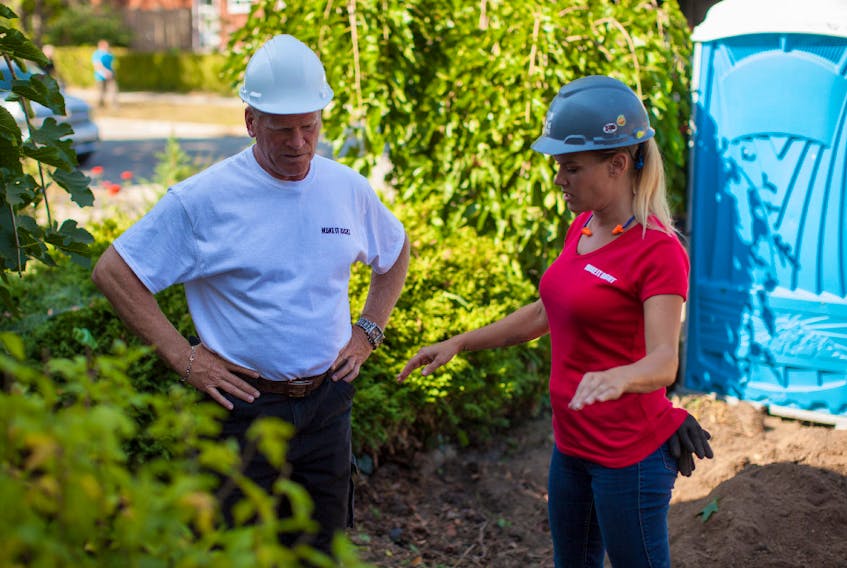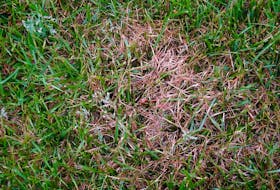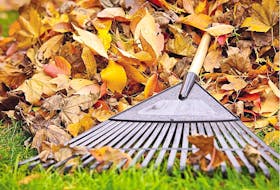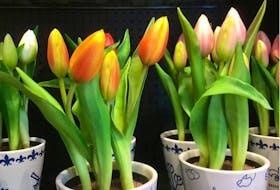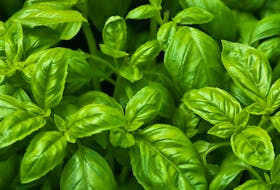Mike Holmes
Water is precious. It’s what keeps us going. We need it to grow the food we eat. We use it for everything: cooking, cleaning, bathing. But there’s only a finite amount of water, so it’s up to us to protect what there is, and use what we have wisely.
So that means we need to be smart about our water consumption, find ways to waste less water that’s meant for human consumption for general use, and to prevent accidents that will waste a whole lot of it. Here’s how.
Recycled water & greywater systems
Most of the water we use throughout our homes is treated for human consumption — and for cooking, drinking and bathing it makes sense to use that water. But how do we take care of those other activities — like gardening and regular maintenance — and not use out treated water?
A pretty simple solution for any homeowner is to make use of a rain barrel to catch water run-off from your roofline and eavestroughs and use that for all your lawn and garden care. A rain barrel can save almost 5,000 litres of water during a summer season.
A bigger step you could take is to integrate a larger grey water recovery system in your home. Grey water takes previously used water, treats and filters it, and is then used for functions like flushing toilets (on average we flush 5 times a day) and laundry (about 50 to 75 litres of water per load). It’s not water that we can cook with, shower in or drink — but it can certainly be the main water source for most of your home.
This is a much larger retrofit and if you’re not set up for it, includes adding a tank to collect the grey water, installing a three-way valve that will divert grey water that can be reused (from showers and laundry), vs. water that shouldn’t be reused (from the toilet). It’s not a small job — you’ll need a pro to make it work properly. Municipalities have different regulations regarding grey water systems, so you’ll need to check if it’s even possible in your area, first.
If you’re looking for something small to begin, get a rain barrel.
Preventing a major leak
Last summer, we did a renovation for a family that had sprung a leak overnight. Can you imagine it? You go to bed, everything’s fine. A pipe bursts through the night — and you come downstairs in the morning to a flooded basement. It’s a total nightmare. And all it took was a busted pipe, in a complete random accident.
So what’s the solution? To me, technology is the answer. Installing a whole-home water sensor. What this does is it monitors your water usage throughout the home — and if it detects something strange, it can alert you via an app on your smart phone. In the case it detects a major event — like a burst pipe, it will kick on automatically, and shut off the water in your home, stopping a potential flood disaster.
As a bonus — because these devices monitor your water usage, and show it in real time on your phone, you can learn what your water habits are. And find ways to reduce excess usage — without sacrificing the luxuries you like, such as a hot bath.
Efficient fixtures
About one third of our household total water consumption comes from the toilet alone. With older models, each time you flush, you’re using about 20-30 litres of water. Make the switch to a higher efficiency model and you’ll see that number cut severely down to about four and a half litres.
Don’t stop at the toilet. Efficient shower faucets and sink fixtures will have a major effect too. And stop ignoring that one sink that goes drip-drip-drip in the middle of the night! A leaky faucet can waste almost 20 litres of water per day.
We can always make more of an effort to protect our natural resources. Look around your home and make changes that will allow you to use less. Mother Nature will thank you — and hey, as a bonus, so will your utility bills.
To find out more about Mike Holmes, visit makeitright.ca.
Copyright Postmedia Network Inc., 2020

